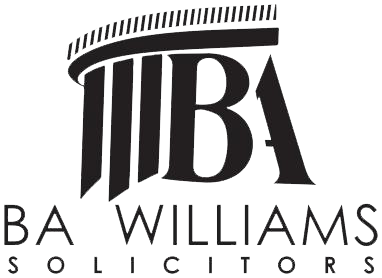The Leasehold and Freehold Reform Act 2024 received Royal Assent on 24 May 2024 but has not yet entered into force. This legislation aims at providing greater rights and protections to long-leasehold homeowners in England and Wales, including rights to manage, enfranchisement, lease extensions and freehold estate management. Unfortunately, the proposal to cap or abolish ground rents for existing leaseholders has not been retained.
What are the main provisions?
The most important change might relate to the ban on the sale of new leasehold houses. However, such a ban does not apply to flats where leasehold tenure remains. The ban is also not absolute as the Act included some exceptions such as retirement housing or shared ownership leases.
The standard lease extension term has been increased to 990 years from 50 years for houses and 90 years for flats. Restrictions on cost recovery by landlords from leaseholders have also been introduced. This addition aims at reducing the expense and administrative burden for leaseholders of future lease extensions.
The Act also makes it cheaper for some leaseholders to buy their freehold or extend their lease. Leaseholders on short leases (less than 80 years) will find it cheaper to extend due to the premiums being reduced and the abolition of ‘marriage value’. Additionally, the requirement has been removed for a leaseholder to own a property for two years before being eligible to request a lease extension or to buy the freehold of a house outright.
Following numerous recent cases, the legislator has decided to ensure greater transparency for residential leaseholders over their service charges. Bills will now have to be issued by freeholders or managing agents in a standardised format to ensure transparency but also make it easier to challenge them. Moreover, barriers to challenging landlords’ unreasonable charges at the property tribunal have been removed by granting tenants enhanced rights to claim litigation costs from landlords while restricting a landlord’s ability to recover their litigation costs. The Act also requires freeholders – who manage their building directly – to belong to a redress scheme to facilitate challenges but also to put them on an equal footing with managing agents who are already under such obligation.
The Act also makes it easier and cheaper to take over management of the building. The ‘Right to Manage’ can now be gained when up to 50% of the internal floor space is commercial. Previously the limit was 25%.
The process of selling or buying a leasehold property will be quicker as the Act sets a maximum time and fee.
It also bans opaque and excessive building insurance commissions which will be replaced by more transparent and fairer handling fees.
The most contentious point in the Act is the change to the mixed-use exemption on collective enfranchisement claims. There is also a welcomed omission in the Act for landlords and investors: the abolishment or cap ground rents for existing leaseholders. However, this could be changed depending on the outcome of the general elections.
Implications:
While the Act may be a welcome change for tenants, it is not yet a reality and requires the Government to take further steps. If you are wondering whether you should extend your lease now or wait, the answer depends on your situation. If the lease is less than 80 years, then the new Act will make it cheaper. For others, there are some uncertainties regarding the rate used to determine lease extension and freehold purchase prices which might result in the extension being cheaper or more expensive. Only time and further test cases will tell.
Please keep in mind that the Act is not yet in force and that the Government guidance suggests it will only come into effect in 2025 or 2026.




